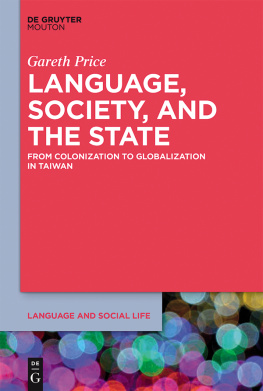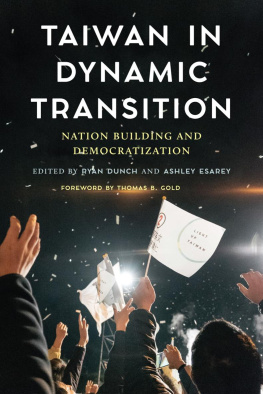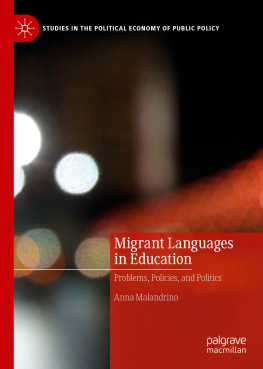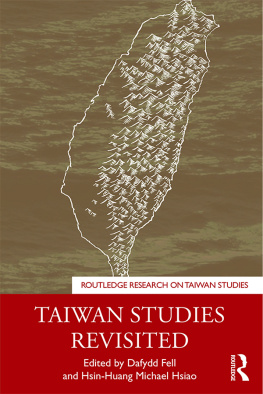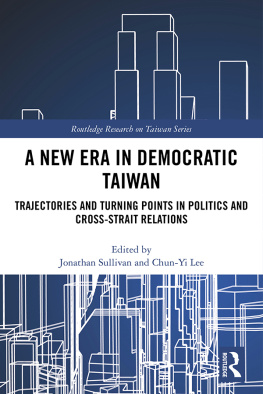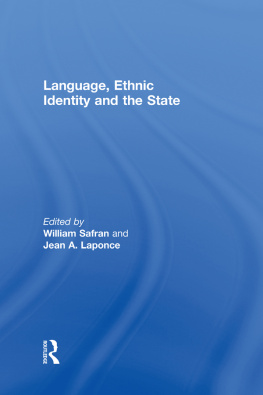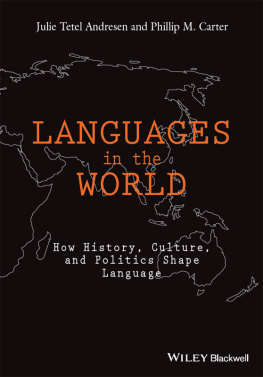Contents
Guide

Gareth Price
Language, Society, and the State
Language and Social Life
Editors
David Britain
Crispin Thurlow
Volume 9

ISBN 978-1-61451-668-2
e-ISBN (PDF) 978-1-61451-464-0
e-ISBN (EPUB) 978-1-5015-0044-2
ISSN 2192-2128
Library of Congress Control Number: 2018961667
Bibliographic information published by the Deutsche Nationalbibliothek
The Deutsche Nationalbibliothek lists this publication in the Deutsche Nationalbibliografie; detailed bibliographic data are available on the Internet at http://dnb.dnb.de.
2019 Walter de Gruyter Inc., Boston/Berlin
www.degruyter.com
Acknowledgments
I have benefited greatly from the intellectual sustenance and warmth of friends, colleagues, and teachers, including Enam Al-Wer, Edna Andrews, Christina Bratt-Paulston, David Britain, Erin Callahan, Rebecca Clift, Giles Dudley, Luciana Fellin, Gustavo Procopio Furtado, Robin Hewat, Jane Hindley, Hae-Young Kim, Shiuan Liu, Michael Newcity, Liliana Paredes, Peter Patrick, Ian Rowen, Dave Sayers, Alison Sealey, Yasemin Soysal, Julie Tetel Andresen, Jennifer Wei, Jason Whittaker, and Billy Zaidi. My sincere apologies to anyone I have inadvertently left off this list. I am grateful for the probing questions and spirited debate among students in my annual Language and Politics seminar at Duke University; I have learned more from them than I have taught them. The magnanimity and pragmatism of the people of Taiwan are qualities celebrated in this book.
Special thanks go to A-chin Hsiau, who inspired me to begin this research for my PhD dissertation, and, along with Hsin-huang Michael Hsiao, kindly sponsored me as a visiting scholar at the Institute of Sociology at Academia Sinica, Taipei, in 2015. Rosa Wu and Chung Ting-yu were indispensable research assistants on this project. Dick Watts read the original proposal; the series editors, Dave Britain and Crispin Thurlow, provided helpful comments on the final drafts; while Lara Wysong at De Gruyter shepherded this book through the production process. Cat Thomas did a formidable job of copy-editing and fact-checking, and Michael Turton graciously read the draft manuscript in its entirety. All blunders remain resolutely mine.
Research for this book was generously funded by the UK Economic and Social Research Council; the Centre for Chinese Studies at the National Central Library, Taipei; and the Chiang Ching-kuo Foundation for International Scholarly Exchange. It would not have been possible to write it without their support. Part of chapter six was previously published in 2014 as English for all? Neoliberalism, globalization, and language policy in Taiwan in Language in Society (Vol. 43, No. 5). I thank Cambridge University Press for permission to reproduce parts of that article here.
Last, but by no means least, my parents Mary, Vic, and Michael, and my brother Robbie, have always encouraged me in my pursuits of verbal sparring, language games, and crosswords. My decision to return to graduate school was sparked by Dominika Baran lending me a book on sociolinguistics; she has always been my intellectual partner, and she eventually agreed to be my wife. Our daughter, Salom, who can usually be found busily writing her own stories, gives me hope for the world. This book is dedicated to them all.
Preface
On February 28th, 1947, soldiers from the Chinese mainland beat a Taiwanese cigarette seller in a park in Taipei City, sparking mass rioting and a near uprising against the brutality of the occupying Kuomintang (KMT) state. Local mobs marauded through the streets, attacking newly-arrived mainland Chinese immigrants. With little distinction in racial characteristics, the mainlanders were identified by the languages they spoke. In the tumult, Dai Guo-hui, a Taiwanese writer, found himself confronted by one such gang. As a Hakka speaker, he was unable to speak the dominant Taiwanese language, Hoklo. Thinking on his feet, Dai burst into a rendition of the Japanese national anthem, in Japanese. It saved his skin: he proved that he was not a mainlander by singing in the language of Taiwans former colonizers. This vignette, as related by -: 28), aptly captures the welter of language, politics, and identities in Taiwan, the subject of this book. Though a fleeting moment in the middle of the twentieth century, the underlying themes resonate much further: back into the past to Dutch rule of the island in the seventeenth century, and forward in time to the current situation of democratization in the twenty-first. They are themes of complex linguistic and political loyalties, and of often violent antagonisms between the state and society. They are continuities which structure a historical narrative, but blur the distinctions between colonization and decolonization, and nationalism and globalization.
This book uses Taiwan as a case study to develop a theoretical framework of a political sociology of language. As such, it traces the contours of the relations between language, society, and the state in Taiwan across different historical-structural paradigms. The research questions articulated here are interrelated: What are the constants in the relationships between language, society, and the state as their precise dynamics are transformed? How does language operate as a fulcrum between society and the state in terms of both state-making and political resistance? What socio-political structures and historical processes have influenced Taiwans contemporary linguistic situation? How are linguistic nationalisms produced in and by local contexts? How are these articulated in the post-national and denationalized context of globalization?
This brief preface sketches Taiwans contemporary geopolitical situation as well as its sociolinguistic context. It then outlines the structure of the book as overall, and the narrative trajectory that it takes. Notes are also included on the difficulty of ethnic categorization, and the terminology used for different groups, as well as the Romanization conventions used.
1 Contemporary Taiwan in geopolitical context
A rugged volcanic island lying across the Tropic of Cancer approximately 160 km off the south-eastern coast of China, and 650 km south-west of the Japanese island of Okinawa, Taiwan is variously described as shaped like a yam, or sweet potato, or a rolled tobacco leaf. Around 400 km long and 145 km across at its widest point, the island is home to some 23.5 million people mainly crowded into lowland areas around the coast; half the island is covered by rough jungle terrain, making parts of Taiwan some of the most densely populated areas on the planet. Its small size belies its considerable influence in south-east Asian and global political affairs. Taiwan is a contentious piece of strategic territory, ever in the diplomatic or military cross-hairs of China, its larger neighbour across the Taiwan Strait, or the US, its chief ally across the Pacific. Beijing has long viewed Taiwan as a renegade Chinese province to be reunited with China, by force if necessary; it aims some 1,600 missiles at the island to underscore its point, though it has not seriously rattled its sabres since the first free elections in 1996. But Taiwan has never been part of the political unit of the Peoples Republic of China (PRC) since the latters inception in 1949, and so Beijings goal of reunification may be more accurately described as annexation. The PRC has a three noes policy: no independence, no two Chinas or one China, one Taiwan, and no Taiwanese membership in international organizations where statehood is required. Part of the difficulty for the PRC is the fear that if it allows Taiwan to declare itself as a free nation-state, then others in the Sinosphere most notably, Tibet and the Uighur homeland of Xinjiang Province will follow suit.

